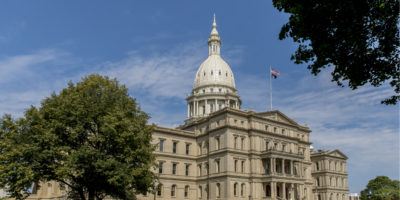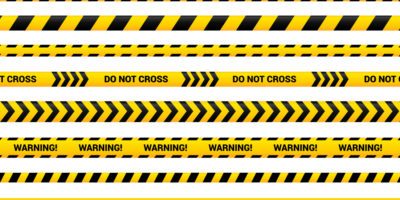
Public Choice seeks to apply our assumptions about human beings and their behavior to the state in the same way we apply those assumptions to other human institutions. It asks us not to be romantic about political power and the way it operates.
READ MORE
I can think of no greater offense against a genuinely scientific attitude than to support policies – especially ones adopted in haste and in a panic, and which diminish the amount of information that is uncovered and put to good use throughout society – simply because these policies are recommended by some epidemiologists.
READ MORE
Innovation happens when ideas can meet and mate, when experiment is encouraged, when people and goods can move freely and when money can flow rapidly towards fresh concepts, when those who invest can be sure their rewards will not be stolen.
READ MORE
The “enemy” in our case is not a “them,” but the “us.” Only by facing, challenging, and defeating the ideas of collectivism, welfare statism, and the political paternalism of governmental planning with which too many Americans have become intellectually and culturally “infected,” is there a way back to the prosperity that we can have.
READ MORE
Join me in collectively repeating the following — I do not know what is best for everyone to do. If we internalize that, we begin to realize that is true for everyone. This prevents us from falling prey to what Adam Smith referred to as innumerable delusions. There is no panacea to our social ills. There are social ills, but there is no one size fits all solution to it.
READ MORE
When New York Governor Andrew Cuomo said any efforts were worth it to save just one life, it likely came from a place of human decency, but it revealed an old moral compass that in a post-industrial, post-modern medicine world no longer makes sense.
READ MORE
The rebuilding of a free society after this chaos is over will require a great deal of work in the above four areas: mathematics, moral philosophy, history, and economics. In my darker moments I think that in fact we have gone back to ground zero in all these areas.
READ MORE
Epidemiological expertise may convey specialized knowledge about the nature of disease transmission that is specifically suited to forecasting a pandemic’s spread. But it does not exempt the modelers from social scientific best practices for testing the robustness of their claims. Nor does it obviate basic rules of statistical analysis.
READ MORE
I hope someday soon we will once again be having very rational yet vigorous discussions about the fundamental issues related to the liberal principles of justice and political economy, and we can point to the resiliency and ingenuity of a free people even in the face of adversity as one of the main arguments in favor of true liberal radicalism.
READ MORE
Policies that frown upon entrepreneurial risk-taking actively disincentivize the building of new and better things. We must remove political barriers to productive entrepreneurialism or else we will never get back to being the builders we once were.
READ MORE
Why would a city, short of tax money in a crisis, pay an enormous sum to disable a public space from being used by the citizens who paid for it? Because the city can do nothing about the virus.
READ MORE
A lot of people stop listening to economists when struggle to precisely articulate and explain the “solution” in minute detail. Yet it is precisely because we cannot specify in advance precisely how ‘the market’ will address the problem that makes markets indispensable.
READ MORE250 Division Street | PO Box 1000
Great Barrington, MA 01230-1000
Press and other media outlets contact
888-528-1216
press@aier.org
This work is licensed under a
Creative Commons Attribution 4.0 International License,
except where copyright is otherwise reserved.
© 2021 American Institute for Economic Research
Privacy Policy
AIER is a 501(c)(3) Nonprofit
registered in the US under EIN: 04-2121305